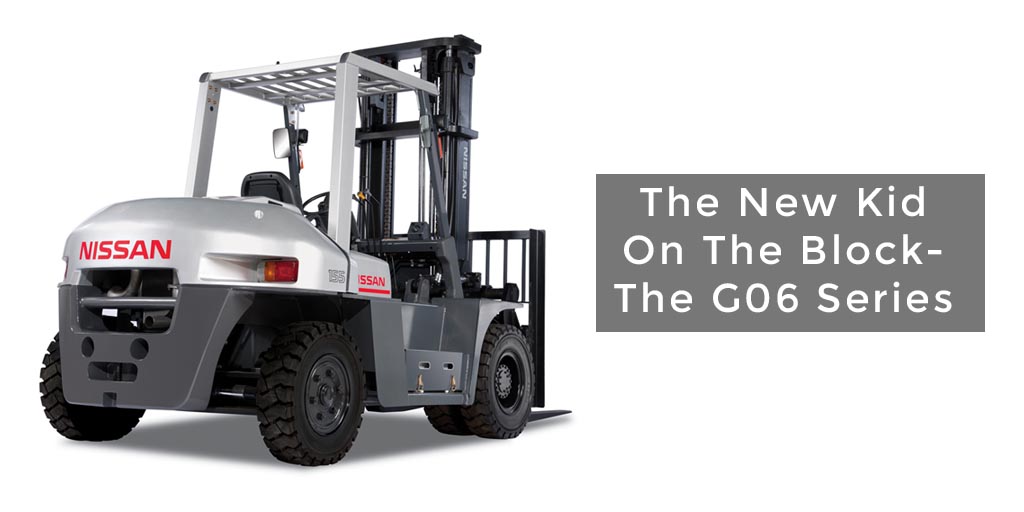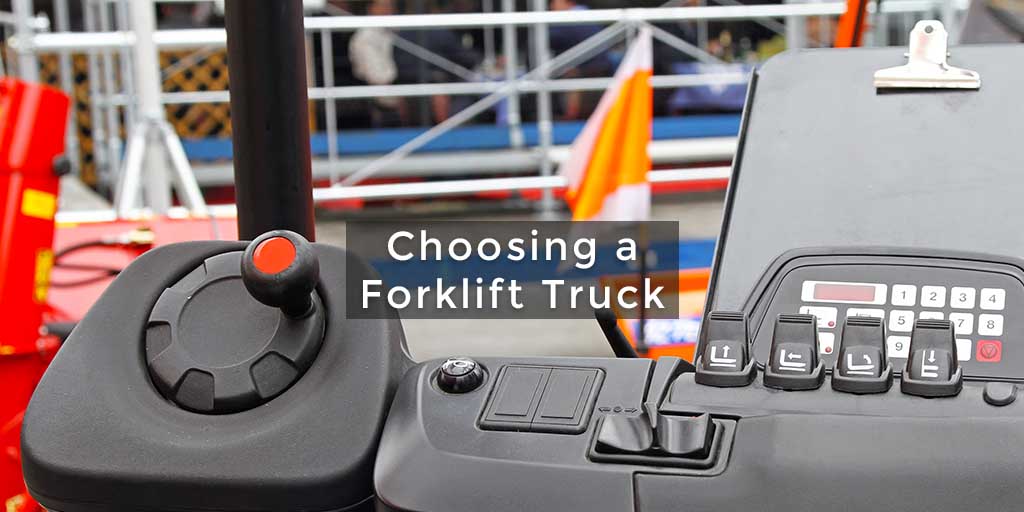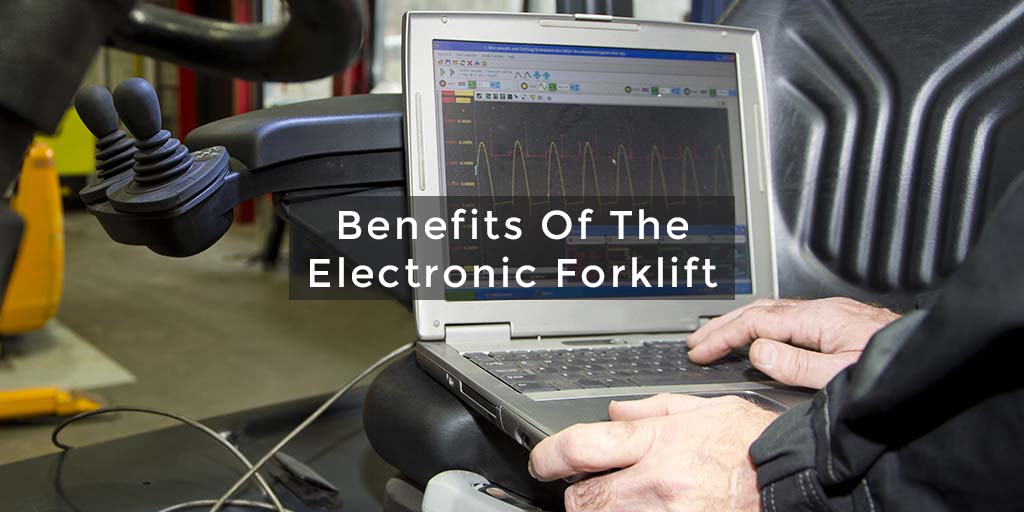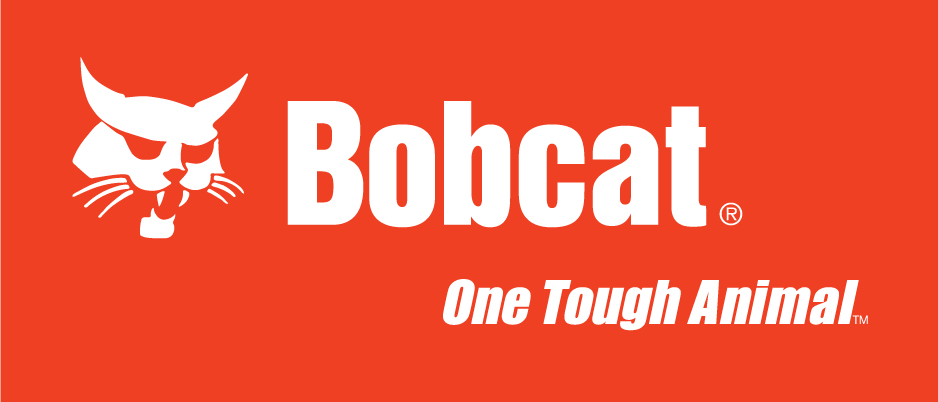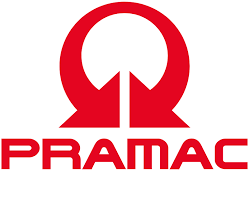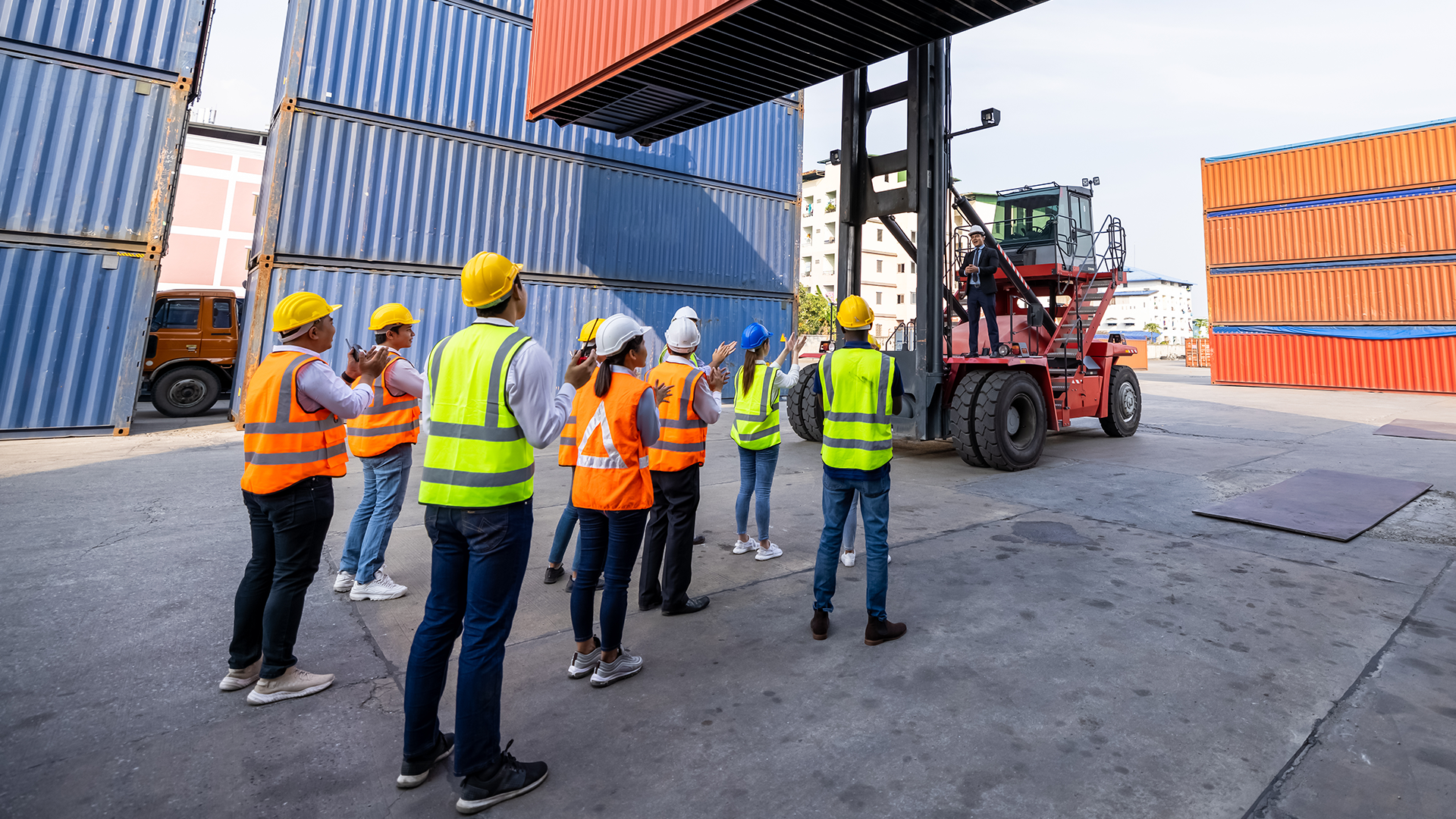
When it comes to healthy forklift operations, thorough training isn’t just beneficial, it’s a must for maintaining a safe workplace. With the stakes so high, cutting corners on forklift training can lead to severe consequences.
From accidents on the warehouse floor to major legal ramifications for businesses, here’s why ensuring your team is well-trained isn’t just good practice, it’s an absolute necessity.
Heightened Risk of Accidents and Injuries
When forklift operators skip proper training, they’re stepping into a danger zone not just for themselves but for everyone around them. Without the right know-how, handling these powerful machines can quickly lead to mishaps, from minor bumps to catastrophic accidents.
It’s simple. Better training equals fewer accidents, making a compelling case for why cutting back on training simply isn’t worth the risk.
Legal and Compliance Issues
Neglecting to meet the HSE’s (Health and Safety Executive) training standards isn’t just risky, it’s against the law. Companies skirting these regulations may find themselves in hot water, facing hefty fines and legal scrutiny.
Ensuring training is up to scratch isn’t just about compliance, it’s about protecting your business from the severe repercussions of failing to do so, and safeguarding your operations from legal entanglements that can drain resources and distract from your core activities.
Financial Costs
Accidents don’t just hurt people, they hit the wallet, too. The financial fallout from a forklift accident can spiral quickly, covering everything from repair bills for damaged equipment to compensations for injured employees.
Not to mention, the hidden costs like increased insurance premiums that can silently inflate expenses over time. Investing in high-quality training might seem like an upfront expense but compared to these potential costs, it’s undeniably a smart financial decision.
Operational Disruptions
An accident can bring your day-to-day operations to a grinding halt. Imagine your main warehouse lane blocked by a toppled forklift or critical shipments delayed because of an avoidable incident.
Such disruptions can ripple through your business, causing delivery delays, bottlenecks in production, and a drop in service quality. Consistent, accredited training for your forklift operators helps keep your operations smooth and uninterrupted, making sure your business runs as usual without costly pauses.
Compromised Worker Safety
A lack of adequate training does more than just endanger physical wellbeing, it can erode a team’s morale and sense of security. Workers who feel unsafe are less focused and productive, not to mention the strain on mental health that working in a high-risk environment can cause.
Investing in detailed training programmes demonstrates a commitment to employee welfare, building a culture where safety is valued and prioritised.
Damage to Company Reputation
How your business handles forklift training can drastically impact its reputation. Poor safety records can deter potential clients and talented workers alike, who prefer associations with companies known for responsible practices.
Additionally, incidents of accidents can attract negative media attention, further damaging your public image. Proper training helps maintain a positive reputation, building trust and confidence in your brand among customers and within the industry.
There’s no denying the importance of thorough forklift training. It’s a critical investment in the safety and efficiency of your operations.
Don’t let avoidable accidents undermine your success. If you’re looking to upgrade your fleet with top-quality, reliable forklifts, explore our range of options today. Contact us to find out more about how the right equipment can enhance your operational safety.


